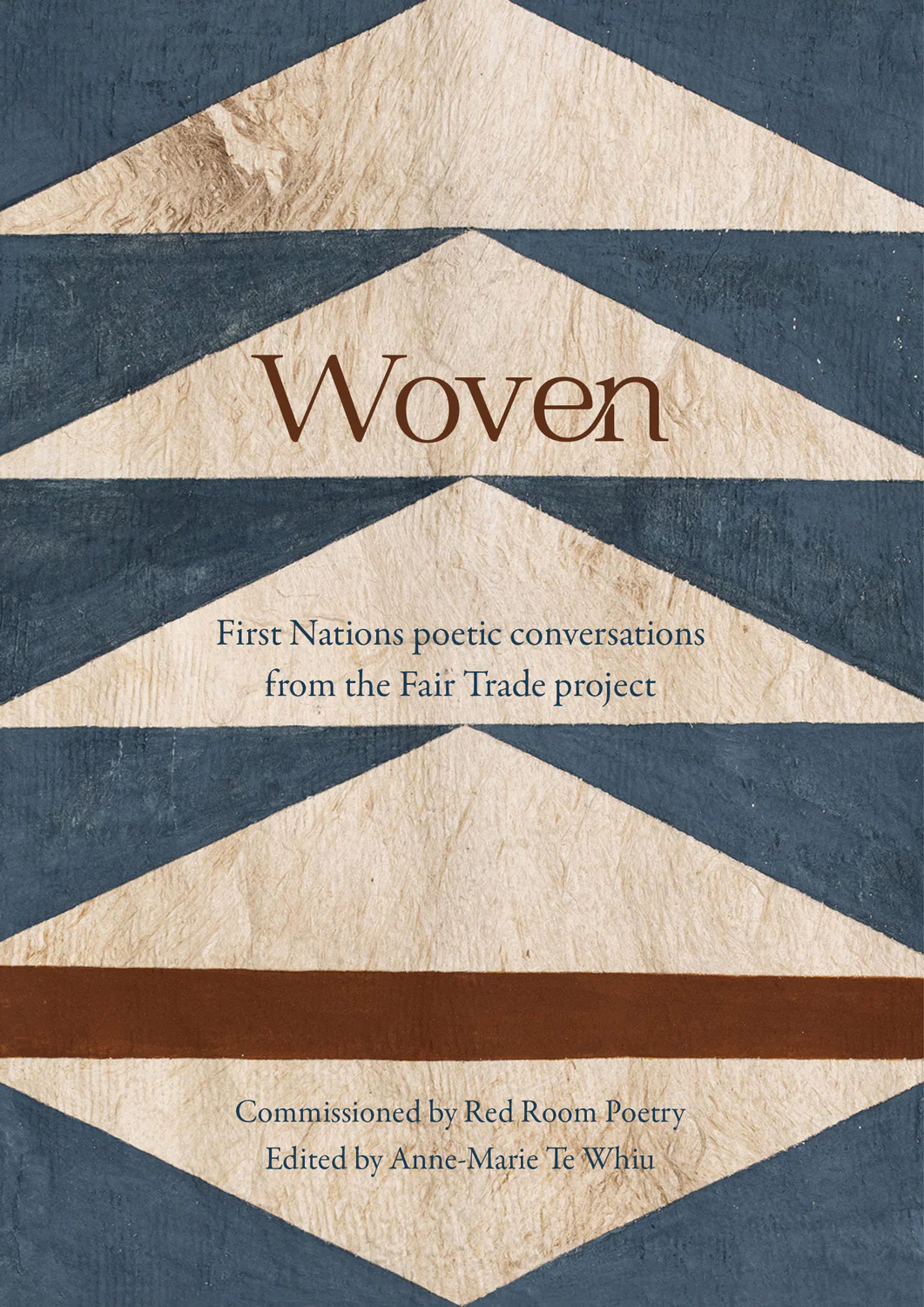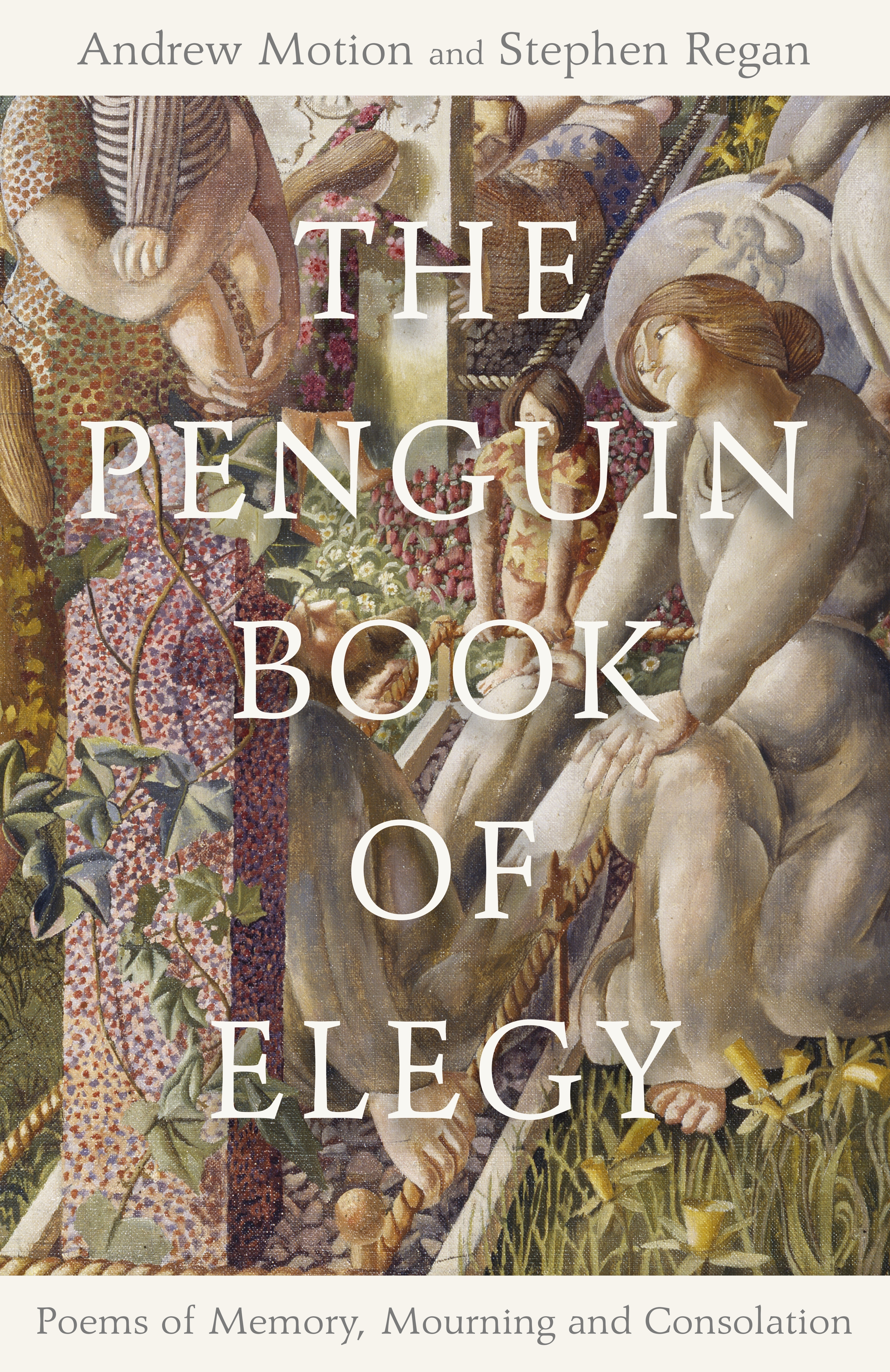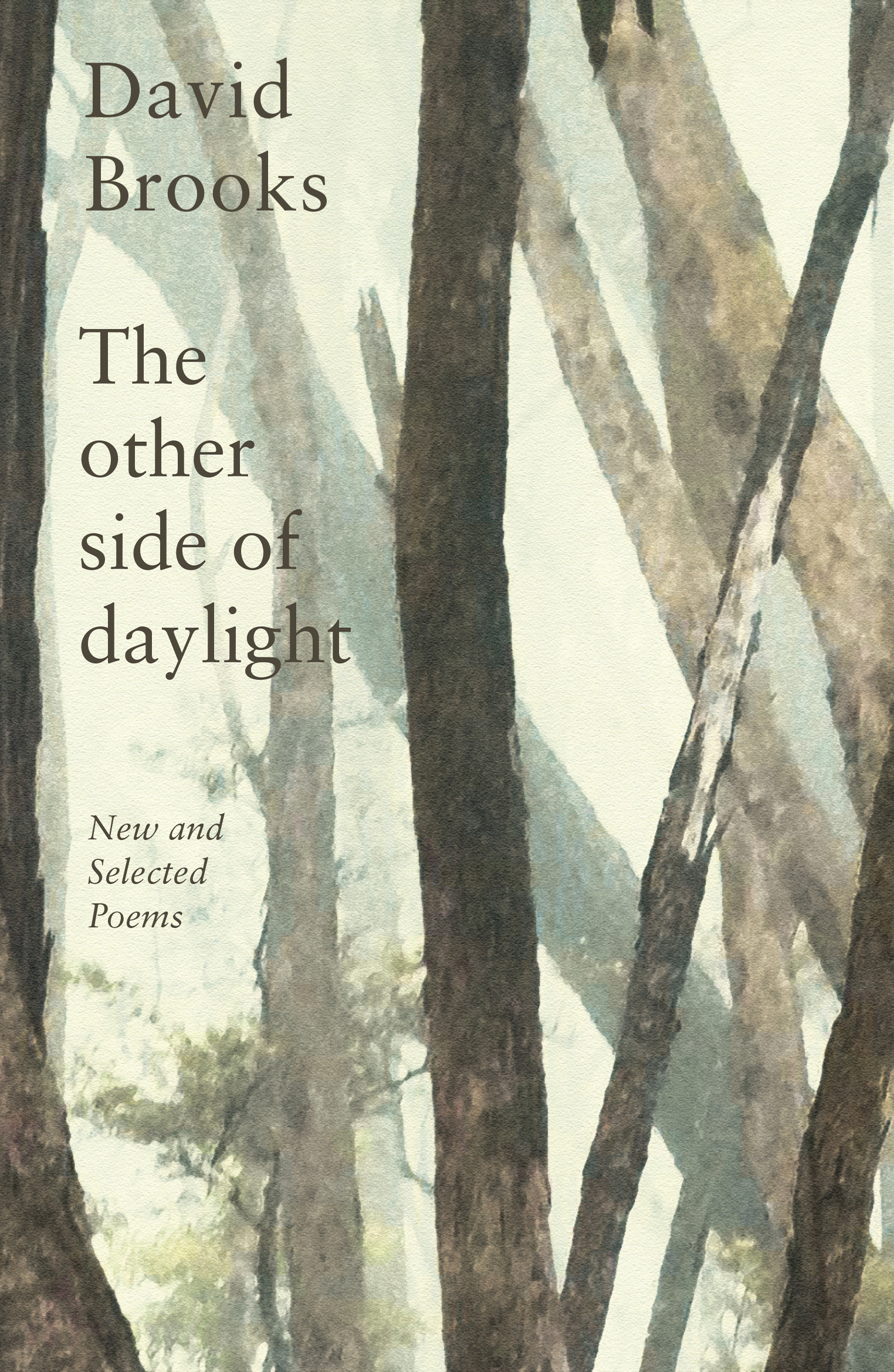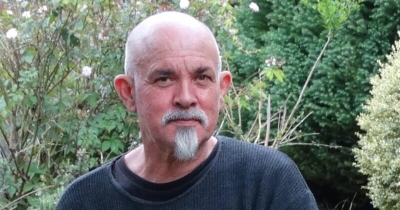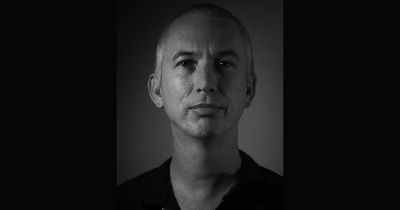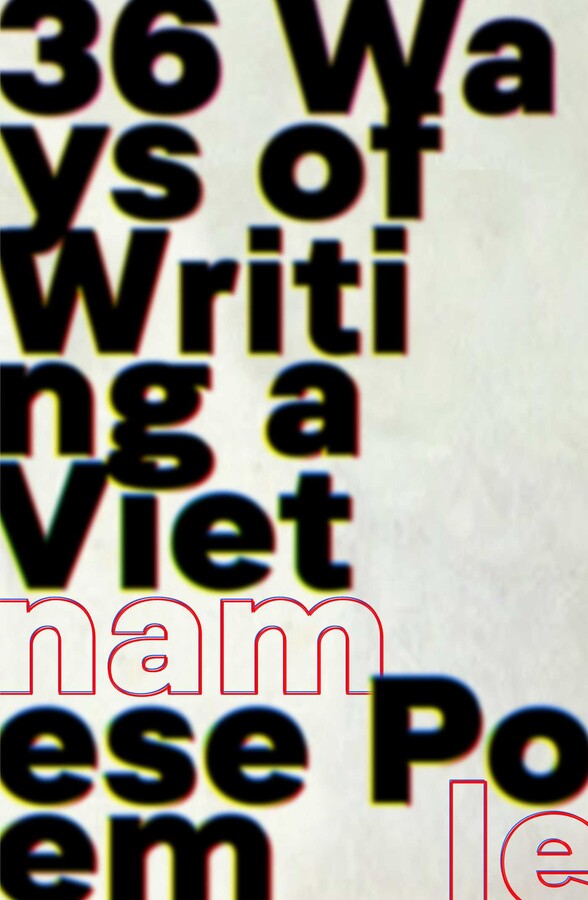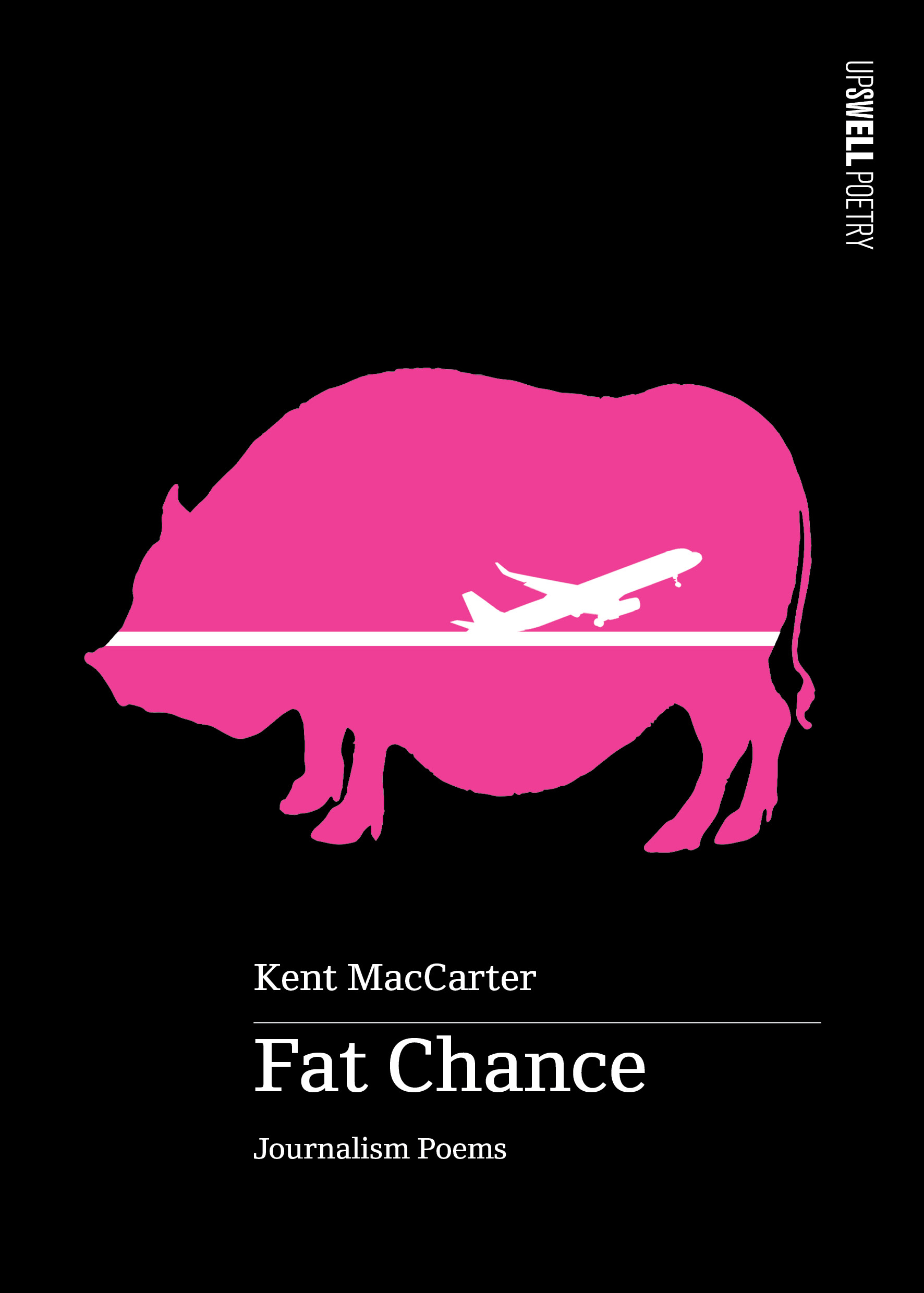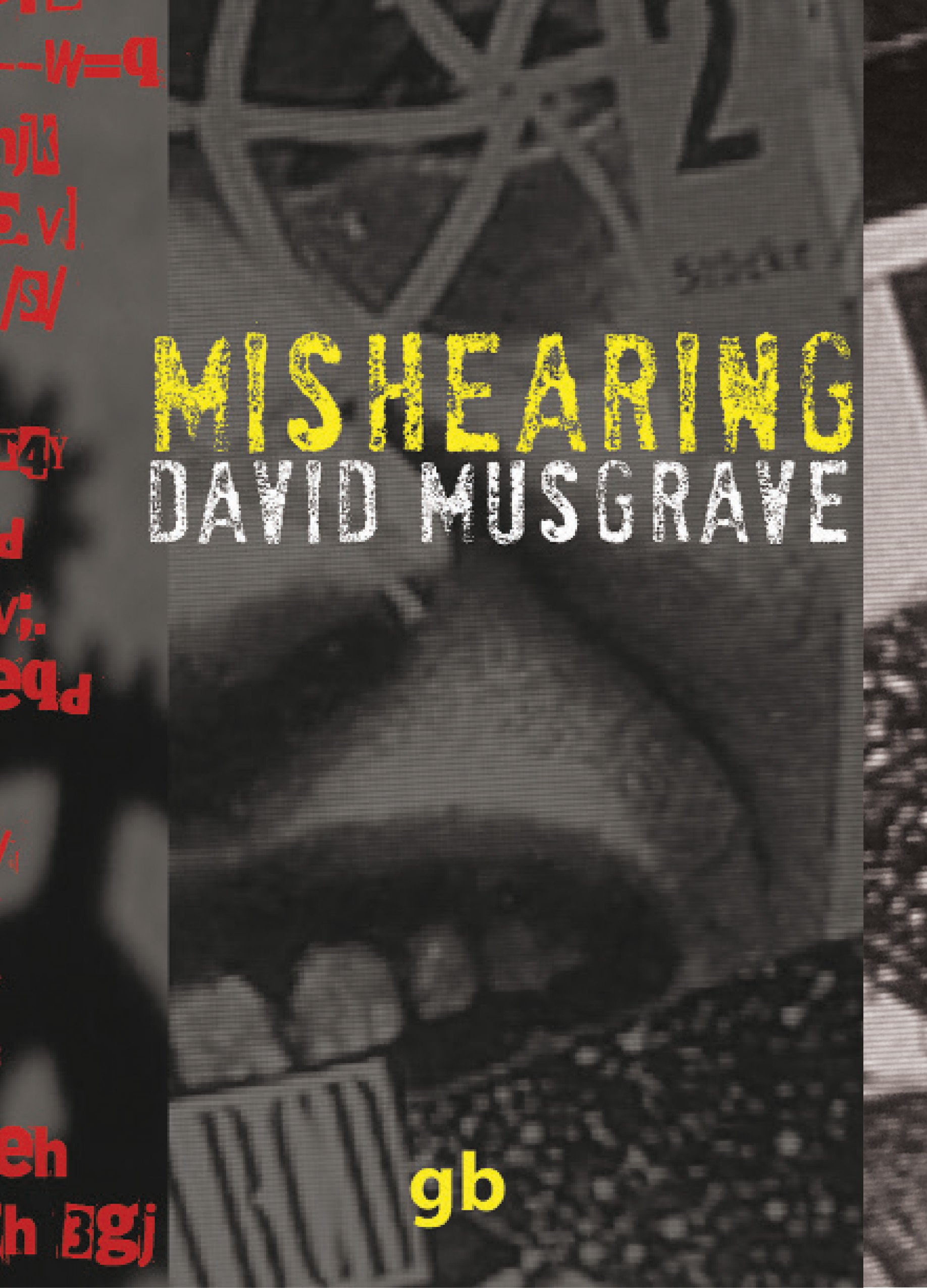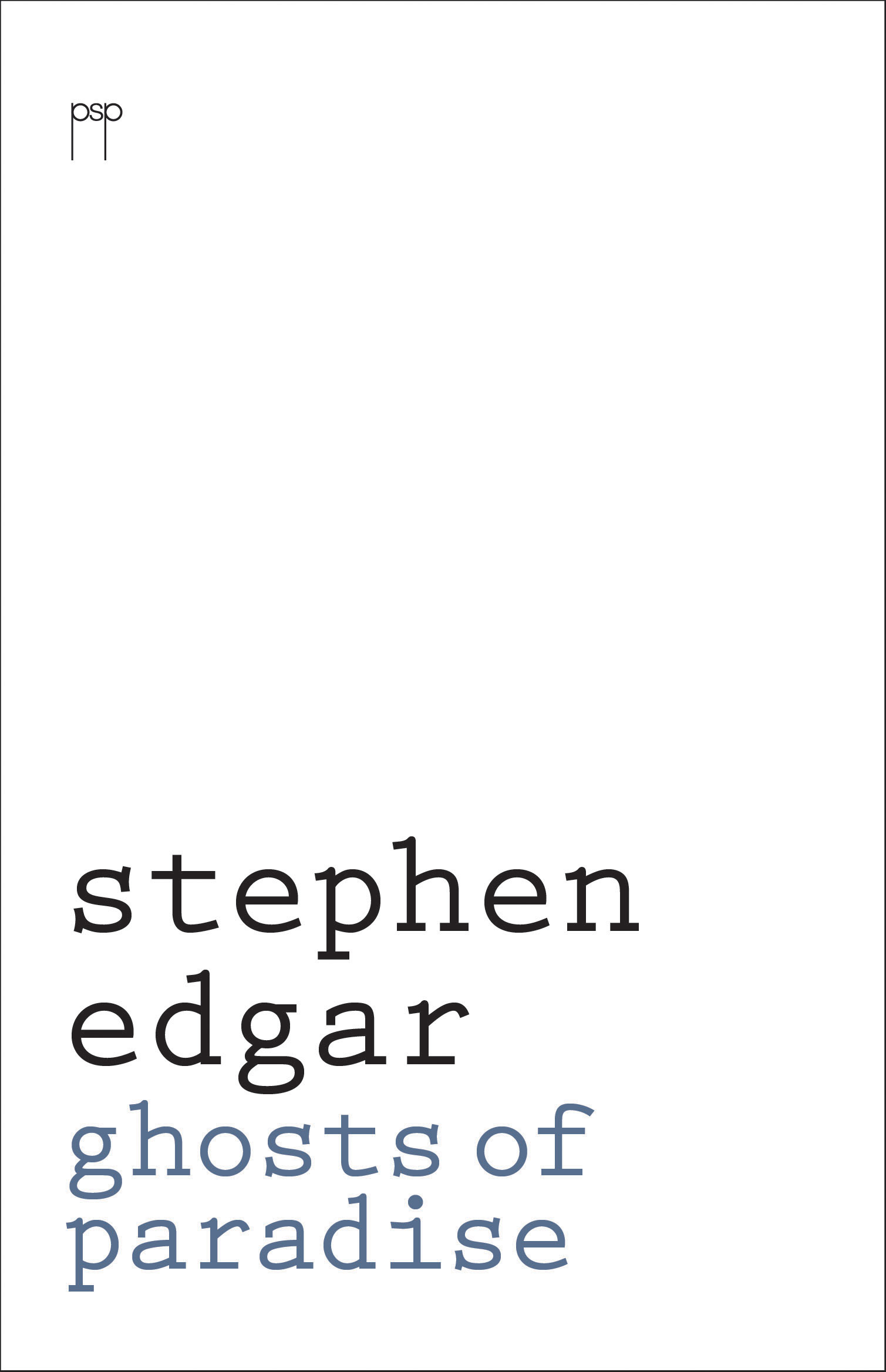Poetry
Woven: First Nations poetic conversations from the Fair Trade project edited by Anne-Marie Te Whiu
The concept of Woven, a Fair Trade project from Red Room Poetry, seems simple but the reality is complex: one local First Nations poet is paired with another First Nations poet from another continent, and together they create a poem. This is an ambitious undertaking for the poets themselves and especially for the editor, Māori poet Anne-Marie Te Whiu, who should be commended for stewarding this project through the last few tumultuous years. The resulting book is a gorgeous tapestry of weavings from some fine poets.
... (read more)The Penguin Book of Elegy: Poems of memory, mourning and consolation edited by Andrew Motion and Stephen Regan
In the famous opening sequence of the 1946 film A Matter of Life and Death, an RAF pilot, flying his burning Lancaster bomber over the English Channel, talks with a radio operator at a nearby English base. Apparently facing certain death, the pilot quotes Sir Walter Raleigh’s ‘The Passionate Man’s Pilgrimage’, a poem allegedly written just before its author’s execution in 1618. ‘Give me my scallop shell of quiet, / My staff of faith to walk upon,’ the pilot recites, amid the roar of his stricken aircraft.
... (read more)The Other Side of Daylight: New and selected poems by David Brooks
The final poem of this superb collection, ‘The Darkness’, identifies a primal scene. The young protagonist is a nascent poet, watching over the embers of a desert fire in early morning, awaiting the breath of a Pentecostal wind to rekindle the flames. It is a parable which emblematises the difficult task of transformation that is central to poetry itself: the boy contends with ‘fragments / that will not alchemise to song / that yield not / to the metaphrast’.
... (read more)David Brooks, critic, novelist, short story writer, animal rights activist as well as poet, taught Australian Literature, ran a writing program, and co-edited Southerly at the University of Sydney. He has published six collections of poetry, the latest (The Peanut Vendor) included in his new and selected poems: The Other Side of Daylight (UQP, 2024). He lives in the Blue Mountains with rescued sheep and advocates for kangaroos. The Sydney Morning Herald called his The Balcony (UQP, 2007) ‘an electrical experience’.
... (read more)Damen O’Brien is a multi-award-winning poet based in Brisbane. His prizes include the Peter Porter Poetry Prize, The Moth Poetry Prize, the Newcastle Poetry Prize, and the Val Vallis Award. His poems have been published in seven countries, nominated for a Pushcart, and highly commended in the Forward Prizes for Poetry. Damen’s first book of poetry is Animals With Human Voices (Recent Work Press, 2021). His new book of poetry is Walking the Boundary, available from Pitt Street Poetry.
... (read more)Even in his first publication, the seven short stories of the rightly celebrated The Boat (2008), Nam Le was perhaps always most interested in creating an aura of violent unpredictability. He withheld consistency, offered cruxes, hit the reader with a blizzard of bold plots in settings so varied as to be practically contradictory – Hiroshima, Medellin, New York City, a fishing town on the Queensland coast. Where, as in the title story, Nam Le appears to relent and writes about what may have been his own experience (he was ferried to Australia as an infant), the baby dies. He is like a package determined not to contain what it says on the disclosure form; a letter that won’t be delivered to the stated address.
... (read more)Fat chance. A million to one. Buckley’s. We’ve all come across bizarre tales of survival that defy belief. Take the case of sixty-year-old Hiromitsu Shinkawa, found floating ten miles out to sea, clinging to the roof of his house, days after a tsunami wiped out his home town in the Fukushima prefecture of Japan in 2011. What were the odds?
... (read more)This week on the ABR Podcast we consider a poetics of contemplation with Scott Stephens. In his review of Kevin Hart’s book on reading and thinking, Lands of Likeness, Stephens writes, ‘there is no desire to consume the object of contemplation; what there is, is a longing to understand’. Scott Stephens is the ABC’s Religion & Ethics online editor and the co-host, with Waleed Aly, of The Minefield on ABC Radio National. Listen to Scott Stephens’ ‘Nothing but kestrel: Kevin Hart’s invitation to read contemplatively’, published in the March issue of ABR.
... (read more)Mishearing, David Musgrave’s latest, most experimental poetry collection, arose from deliberately generated ‘mishearings’ of poems he read into Microsoft Word’s 2003 in-built speech recognition software. The software was by default ‘trained’ to a North American accent. Musgrave didn’t reprogram to an Australian accent, held the microphone at changing distances from his mouth, occasionally smothered it, and introduced ambient noise to heighten the software’s mistranscription. He read from the work of various poets, ranging from Dorothea Mackellar to Seamus Heaney, and an extract from James Joyce’s Finnegans Wake. Making multiple readings of the same poem, Musgrave grabbed selected line transcriptions to construct each ‘misheard’ poem.
... (read more)With a title like Ghosts of Paradise, it is no surprise that Stephen Edgar’s latest poetry collection is haunted by loss, mutability, and mortality – the great traditional themes of elegiac poetry. But Edgar’s poetry has long, if not always, been characteristically elegiac. In this new collection, Edgar’s first since winning the Prime Minister’s Award for poetry in 2021 (and his first for Pitt Street Poetry), the poems are haunted by the poet’s late parents, late fellow poets (especially W.B. Yeats, but also the Australian poet Robert Adamson, for whom there is an elegy), and ancient poetic forms, such as the sonnet. The collection also includes meditations on ageing, corpses, and photographs (including Roland Barthes’ ‘theory / That every photo is a memento mori’). An interest in the intertwining of memory, embodiment, and visual representation is powerfully realised in ‘Still Life’, in which the memory of a trip to Broken Hill is
... (read more)

